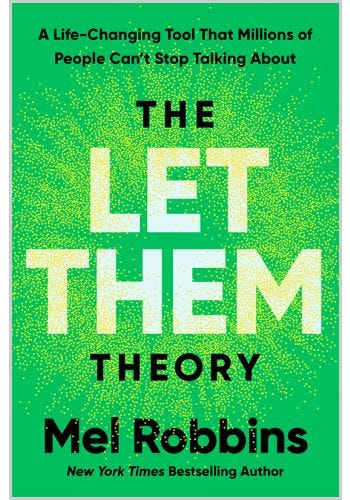Let’s talk about something that’s everywhere right now: The We Do Not Care Club.
It’s catchy, it’s comedic—and it’s also deeply rooted in psychology, sociology, and our human need for freedom and truth.
Because here’s the secret: Whether we’re shouting our truth—or choosing not to waste our precious f*cks—it’s all about reclaiming power, peace, and connection.
Cognitive Reappraisal
Both speaking up and choosing not to care are examples of cognitive reappraisal. It’s how we reframe stress into something manageable. Saying “I’m tired of pretending everything’s okay” can be just as powerful as saying “I do not care.” Both protect our mental bandwidth.
Pluralistic Ignorance & Scarcity Principle
One reason The We Do Not Care Club feels so good is the same reason it’s powerful when one woman finally speaks up: pluralistic ignorance.
So many of us secretly share the same frustrations—but think we’re alone. When someone finally says it out loud, it shatters the illusion.
Likewise, the moment you say you don’t care, your attention becomes rare and valuable. Humans are wired to crave what’s scarce.
Psychological Safety & Boundaries
When one woman speaks her truth, she creates psychological safety, letting others know it’s safe to be honest.
Similarly, “I don’t care” can act as a velvet rope around your mental space—a powerful boundary that protects your energy. Both are radical self-care.
Mirror Neurons & Humor as Relief
Neuroscience shows that when someone names a hidden truth, our mirror neurons fire. We feel connected, validated—even physically relieved.
Humor does the same thing. Whether we’re laughing about how little we care or finally admitting how much we do, comedy transforms chaos into something we can handle—and sometimes even mock.
Mental Load Management & Validation
Both trends are about mental load management. We can’t care about everything. We’re wired for validation—to know our feelings make sense.
When one woman says:
“I’m tired of pretending everything’s okay.”
“This isn’t working for me.”
“I want something different.”
—it’s a permission slip for others to drop the mask and say: “Me too.”
That relief? It’s not just emotional. It’s physical. Heads nod. Shoulders drop. A collective sigh fills the room.
Radical Authenticity & Liberation
At their core, both speaking up and refusing to care about nonsense are acts of radical authenticity. They’re ways of reclaiming our voices and protecting our peace.
One woman’s courage can transform isolation into community. And sometimes, declaring “I do not care” is the boundary we need to keep our sanity.
Because whether it’s speaking a hidden truth—or deciding which battles simply aren’t worth it—it’s all about choosing what truly matters.
Here is evidence I joined the We Do Not Care Club Years ago!!! Bravo to @justbeingmelani (on Instagram) for making it a movement!
Next time you hear a woman say:
“I’m exhausted from pretending.”
“This isn’t working for me.”
“I want something different.”
—or even—
“I do not care.”
Remember:
It’s how we protect our minds, connect with each other, and remind ourselves that we’re in this together.
Until next time—save your f*cks for what truly matters.
Book References
Life Changing Magic Of Not Giving A F**K
Click here to buy https://amzn.to/4eTAI1q
Let them Theory
https://amzn.to/4nSS42B















Share this post